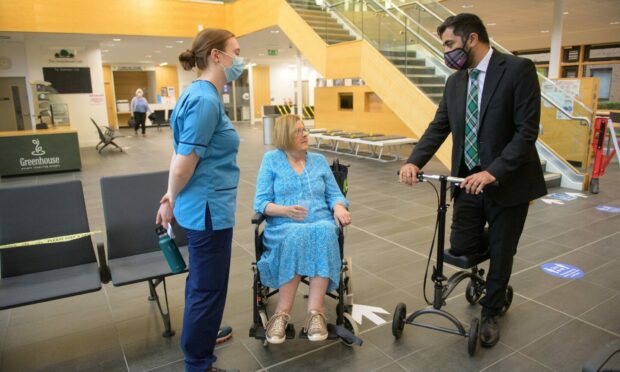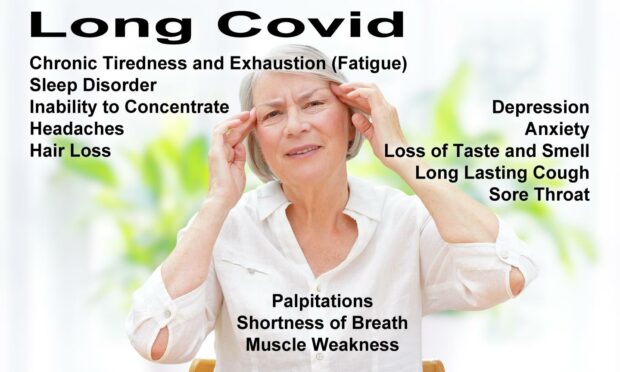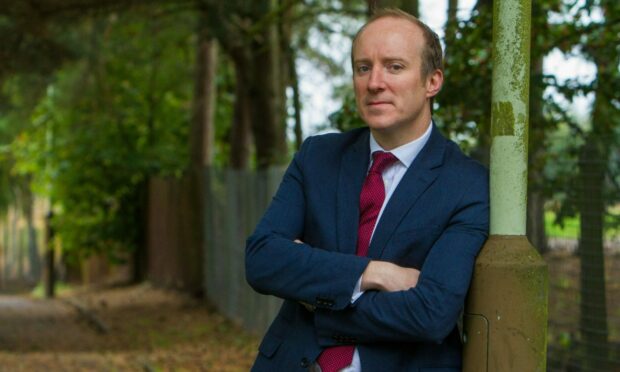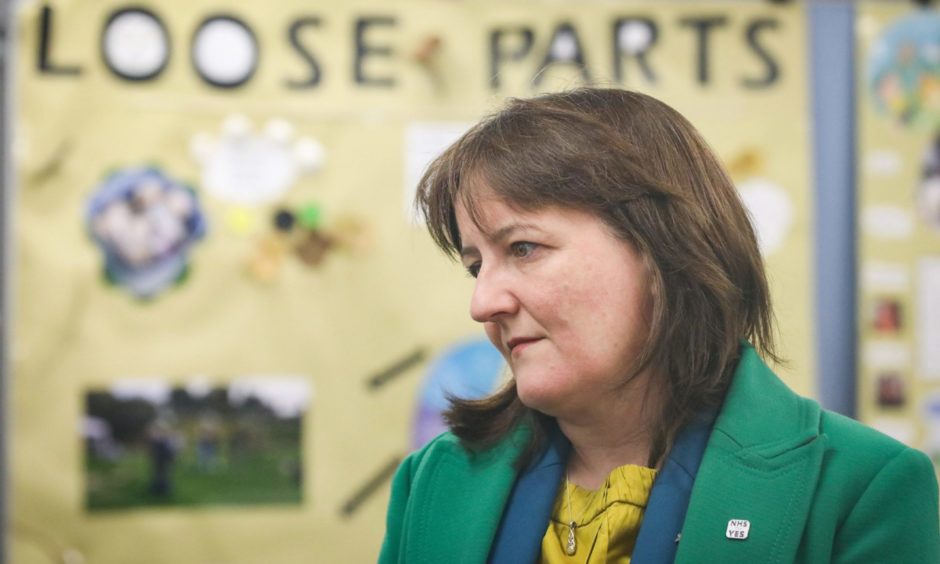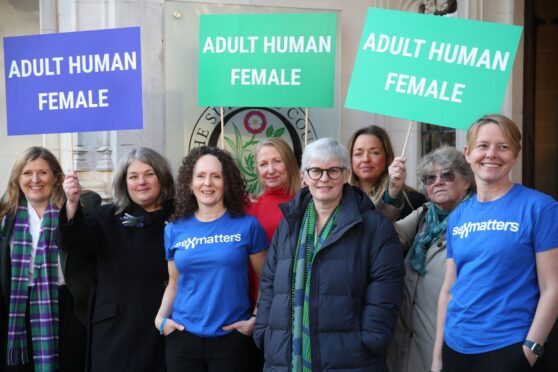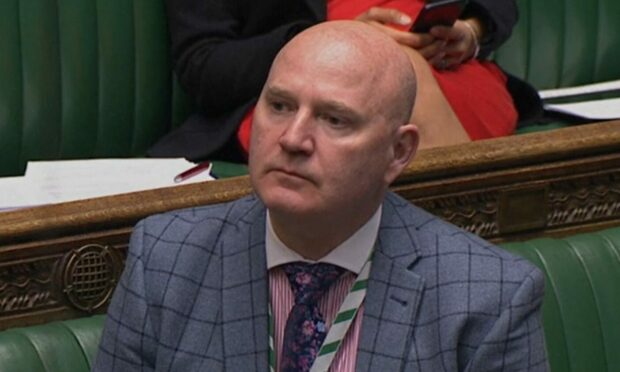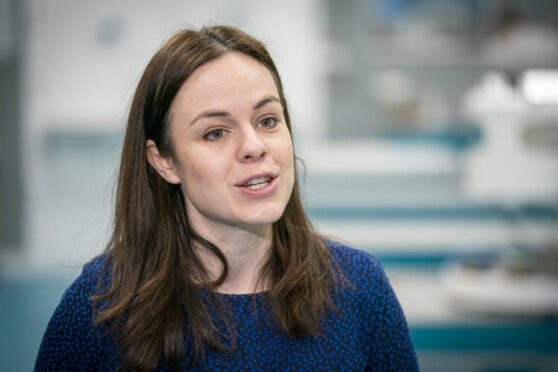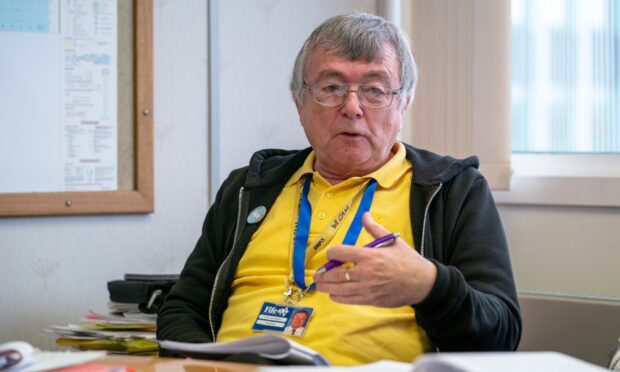Health boards including Tayside admit they are struggling to recruit specialist staff to help people suffering from “long Covid”.
A Holyrood inquiry has been told many local NHS chiefs found it “challenging” to make use of Scottish Government funding for extra staff to boost services for people with the condition.
Opposition MSPs claimed the evidence shows how long Covid sufferers are being “spectacularly failed” by the government.
While the majority of people who catch Covid-19 recover within a few days or weeks, some experience symptoms for several months or years.
The condition, which is known as “long Covid” or “post Covid-19 syndrome”, is still being studied.
SNP ministers offered health boards £3 million in 2022-23 from its £10m Long Covid Support Fund.
But MSPs on the Scottish Parliament’s Covid-19 recovery committee have now been told that the money is not always making an impact.
In response to a call for evidence, NHS Tayside said it hoped to recruit several part-time staff with its £194,620 allocation, including a community physiotherapist, occupational therapist, speech and language therapist, dietitian and a GP.
But it told the committee: “Recruitment for these posts has been slower than would have been anticipated.
“This is due to development of job descriptions and the need to re-advertise posts where recruitment was not successful.
“This reflects the challenges seen nationally and the short term nature of the posts potentially making them less attractive to applicants.”
A similar story was reported by NHS Grampian, which received £254,847.
“Recruiting to part time positions with fixed term funding has been difficult in the current climate, not least because there are no ‘extra’ staff that can be pulled from for these roles,” it said.
“It requires areas to release valuable staff for the duration of the secondments which, although an initial year long period, may be extended to up to three if funding continues to be release from SG (Scottish Government).”
The north-east board said it was now on its second round of recruitment, with “some interest” shown and interviews to take place in the coming weeks.
However, one post will need to go out for a third round.
‘Recruitment remains a key risk’
“Recruitment remains a key risk,” it told the committee
NHS Highland also said the “short-term nature of current funding” was a barrier.
In its response, NHS Shetland said it had hoped to recruit a full time member of staff but the level of funding “has prevented us achieving this”.
NHS Shetland received £13,676 from the government fund.
Labour MSP Michael Marra said: “People suffering from Long Covid have been spectacularly failed by this SNP government.
“Those people are not going to go away, they deserve the care and treatment they need to recover and live happy, full lives.
“The longer we take to deliver that treatment, the more acute its need will be.”
Mr Marra said the response from health boards such as NHS Tayside highlights a “grim reality” under the leadership of Health Secretary Humza Yousaf.
“We’re too slow to react and too slow to recruit. When we do finally see action, recruitment is almost impossible. This can’t continue,” he said.
Public Health Minister Maree Todd said: “All NHS Scotland boards are providing assessment and support for people with long Covid, delivered across the full range of NHS services – backed by our substantial 2022-23 £18 billion investment in health – where staffing across NHS Scotland is historically high, having increased for 10 consecutive years.
“Over 2022-23 we’ve made available an initial £3m from our £10m long Covid Support Fund to provide NHS boards and partners with additional resource to deliver the best local models of care for assessment, and support for the treatment or management of symptoms.
“Our 2023-24 budget outlines that a further £3, will be made available from the fund over the next financial year.
“The health secretary wrote to NHS boards in October to provide reassurance regarding the availability of funding in future financial years, and to reiterate that supporting them to deliver improved care and support for people living with long Covid is a priority.”
